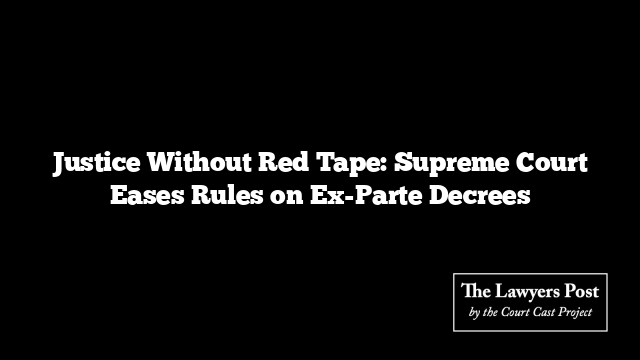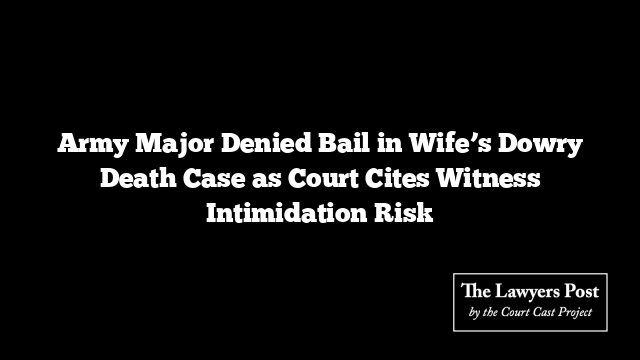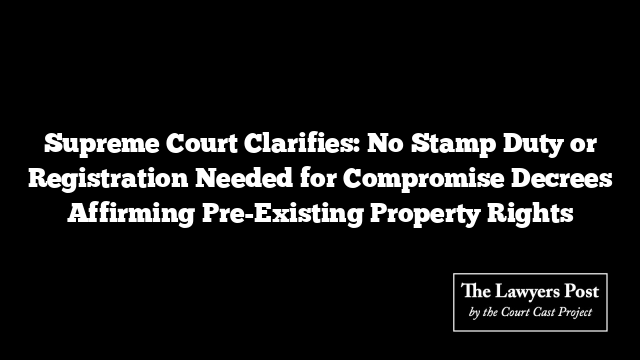In a landmark judgment, the Supreme Court ruled that a separate delay condonation application is unnecessary when filing to set aside an ex-parte decree under Order IX Rule 13 of the Civil Procedure Code, provided the delay is adequately explained within the main application.
The bench, comprising Justice Vikram Nath and Justice Prasanna B. Varale, addressed an appeal against the Allahabad High Court’s decision. The case revolved around a civil suit where an ex-parte decree had nullified a sale deed, citing fraud. The appellant, an elderly and uneducated defendant, sought to restore the case five months after the decree, explaining that his prior counsel had failed to inform him of the proceedings.
The appellate court initially ruled against the appellant, emphasizing the absence of a separate application under Section 5 of the Limitation Act. However, the Supreme Court overturned this decision, asserting that the restoration application itself contained sufficient justification for the delay.
Citing precedent from Bhagmal vs. Kunwar Lal (2010), the Court reiterated that procedural requirements must serve justice, not obstruct it. “The procedure is the handmaid of justice,” the bench noted, emphasizing that hypertechnical interpretations undermine the judicial process’s purpose.
In its judgment, the Court highlighted that recognizing the reasons for delay within the main application aligns with the principles of fairness and judicial efficiency. It concluded that the High Court’s rigid stance misapplied procedural norms, ultimately endorsing the appellant’s bona fide efforts.
With this ruling, the Supreme Court has reinforced a pragmatic approach to procedural law, prioritizing justice over technicalities. The appeal was allowed, granting relief to the appellant and clarifying the scope of procedural requirements in similar cases.





